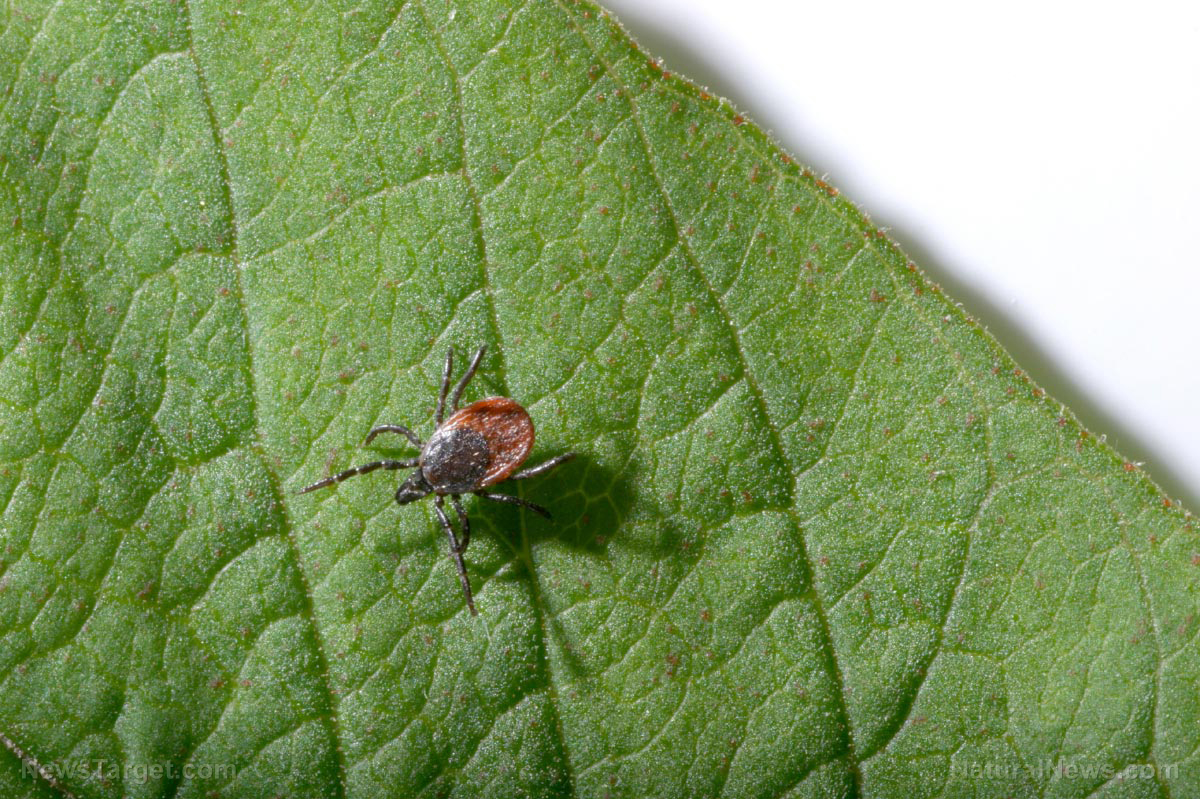
KFD is spread by ticks, and the disease has already infected 322 individuals since the deadly outbreak was confirmed. Patients often report "a fever or severe bleeding," but KFD symptoms may also include "tremors, mental disturbances, or death," especially if it is untreated.
Health officials in the Sindhudurg district have already announced that the "situation is under control" and that cases are reportedly "on the decline." However, Rospotrebnadzor, Russian consumer watchdogs, have issued a warning about monkey fever to tourists who are in the area on the east coast of the country.
In a report that was released earlier in February, laboratory tests have determined that there were 332 cases of KFD in the district and that 19 people have already died. The cases were recorded from January 2016, when the outbreak was first confirmed in Maharashtra, up to January 2018.
The KFD outbreak was traced back to one village within the district, and it quickly infected people in nearby villages. Maharashtra has a population of 850,000.
To prevent an outbreak among hundreds of residents, local officials acted quickly to "curb the rapid spread of KDF."
Per The Times of India, over 50,000 villagers in the Sindhudurg district, which is a region full of forests, were vaccinated against KFD. In addition, since March 2016 tick repellents were distributed to those who are believed to be at risk of catching the "potentially fatal infection."
According to the Centers for Disease Control and Prevention (CDC), the disease infects at least 500 individuals annually. While KFD can't be spread among humans, it is only caught by a tick bite or contact with an infected animal.
Three regions of southern India are identified as endemic, which means that "an infection is regularly found in a certain geographical area." Monkey fever usually kills at least five percent of infected patients. The disease belongs to the Flaviviridae family, which also includes "yellow fever, dengue fever, and Zika." (Related: Is Zika Virus Linked to Brain Diseases?)
"Severe muscle pain with vomiting, gastrointestinal symptoms, and bleeding problems may occur [three to four] days after initial symptom onset," warns the CDC. While some patients can recover after one to two weeks, at least a fifth of individuals with KFD may experience a "second wave of symptoms" which includes tremors.
Fast facts on KFD
- Kyasanur Forest Disease (KFD), or monkey fever, is an infectious bleeding disease which spreads to monkeys and humans.
- The disease is caused by a highly pathogenic virus called KFD virus (KFDV).
- KFDV is of zoonotic origin, which means it originates from animals.
- KFDV is often transmitted by the infective tick Haemaphysalis spinigera.
- Once bitten, "[r]odents, shrews, monkeys, and birds" will spread the virus.
- KFDV often targets monkeys such as the langur (Semnopithecus entellus, previously classified Presbytis entellus) and the bonnet monkey (Macaca radiata).
- In 1955, a high number of monkey deaths were recorded in the Kyasanur Forest region of Shimoga District of Karnataka State in southern India.
- The first epidemic season of KFD among humans was observed from January to May 1956, when four villages were affected by the virus.
- In 1957, KFD had spread to more than 20 villages in India.
- By 2003, it had affected over 70 villages in four districts adjacent to Shimoga in western Karnataka.
- Since 2012, KFD had spread to new areas beyond the core endemic region in Karnataka. New human infections were identified in Chamarajanagara district of Karnataka, Nilgiri district of Tamil Nadu, and Wayanad and Malappuram districts of Kerala.
You can learn more about other findings on dangerous diseases and how to prevent them at Outbreak.news.
Sources include:
Please contact us for more information.






















